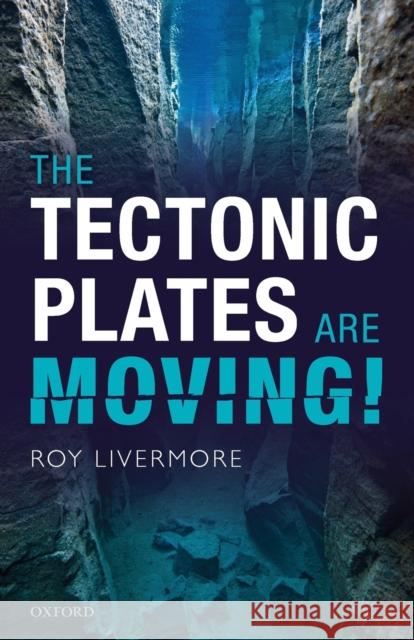The Tectonic Plates Are Moving! » książka
The Tectonic Plates Are Moving!
ISBN-13: 9780198847939 / Angielski / Miękka / 2019 / 512 str.
The Tectonic Plates Are Moving!
ISBN-13: 9780198847939 / Angielski / Miękka / 2019 / 512 str.
(netto: 114,22 VAT: 5%)
Najniższa cena z 30 dni: 111,24
ok. 30 dni roboczych.
Darmowa dostawa!
Plate tectonics is a revolutionary theory on a par with modern genetics. Yet, apart from the frequent use of cliches such as 'tectonic shift' by economists, journalists, and politicians, the science itself is rarely mentioned and poorly understood. This book explains modern plate tectonics in a non-technical manner, showing not only how it accounts for phenomena such as great earthquakes, tsunamis, and volcanic eruptions, but also how it controls conditions at the Earth's surface, including global geography and climate. The book presents the advances that have been made since the establishment of plate tectonics in the 1960s, highlighting, on the 50th anniversary of the theory, the contributions of a small number of scientists who have never been widely recognized for their discoveries. Beginning with the publication of a short article in Nature by Vine and Matthews, the book traces the development of plate tectonics through two generations of the theory. First generation plate tectonics covers the exciting scientific revolution of the 1960s and 1970s, its heroes and its villains. The second generation includes the rapid expansions in sonar, satellite, and seismic technologies during the 1980s and 1990s that provided a truly global view of the plates and their motions, and an appreciation of the role of the plates within the Earth 'system'. The final chapter bring us to the cutting edge of the science, and the latest results from studies using technologies such as seismic tomography and high-pressure mineral physics to probe the deep interior. Ultimately, the book leads to the startling conclusion that, without plate tectonics, the Earth would be as lifeless as Venus.











